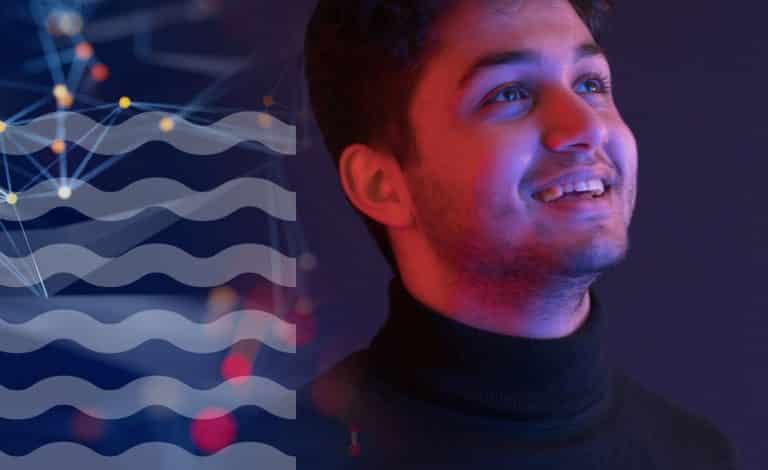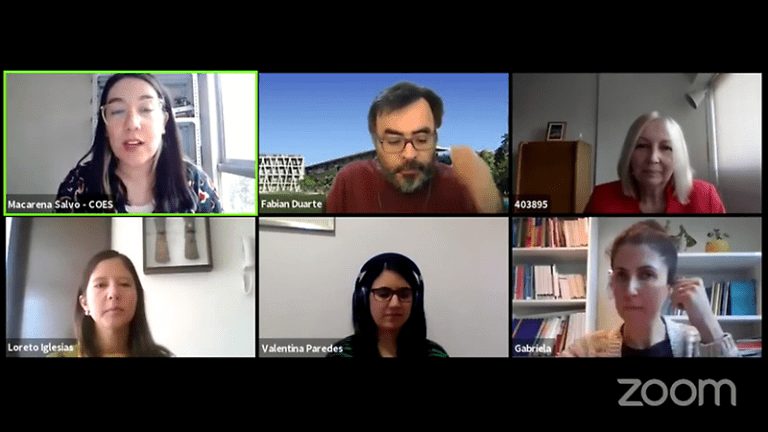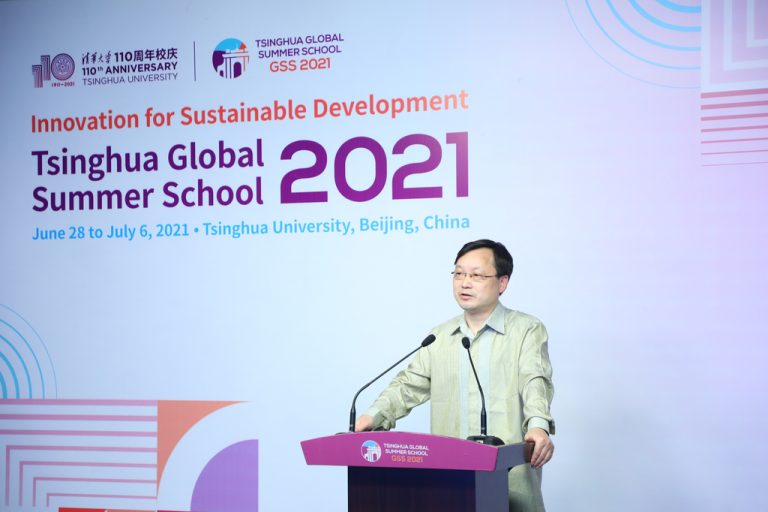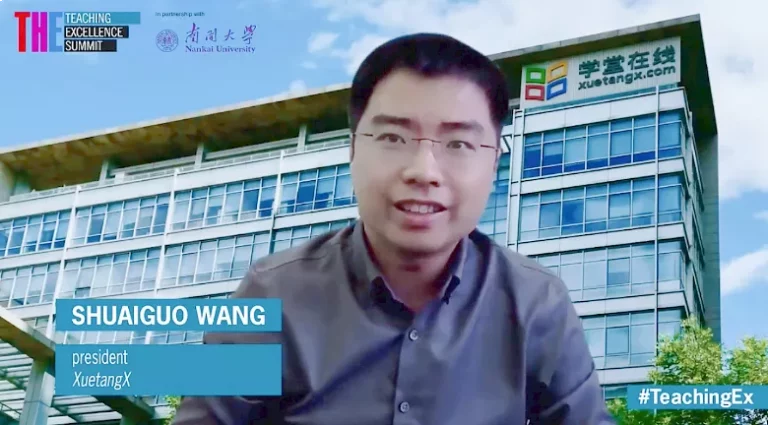RWTH Aachen University (a member of the Global MOOC Alliance) is set to receive funding from the “Artificial Intelligence in Higher Education” competition of the German federal and state governments.
Financing is provided for a proposal submitted by RWTH as well as for a joint project between RWTH and partner universities. The aim of the initiative, which is endowed with around 133 million euros and supports programs from 81 universities across Germany, is to better exploit the potential of artificial intelligence (AI) and make AI education available across Germany’s higher education institutions.
AIStudyBuddy
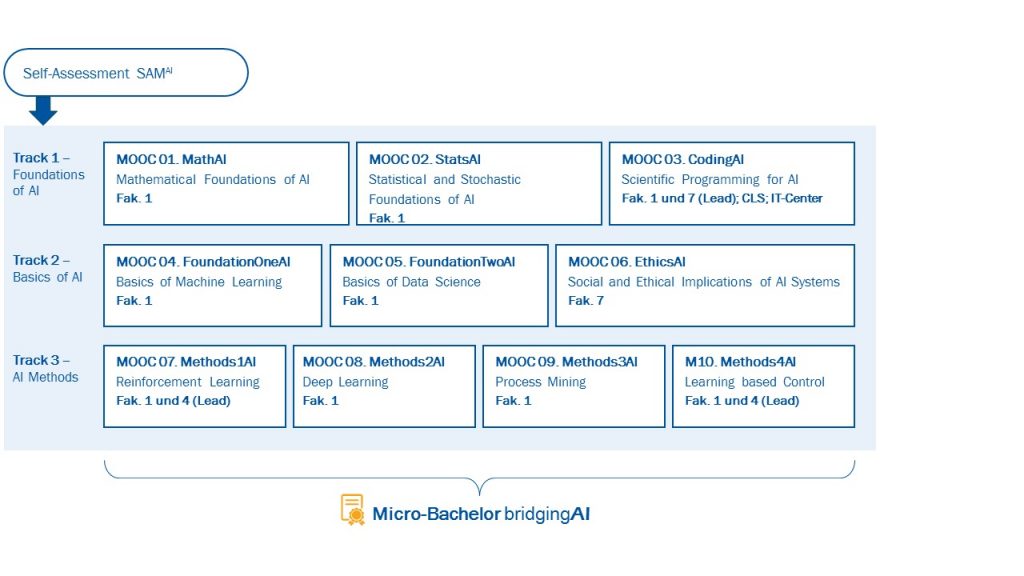
For the joint proposal “AIStudyBuddy: AI-based Support for Planning Your Studies,” RWTH has joined forces with Ruhr-Universität Bochum and the University of Wuppertal. The goal is to use modern AI technology to support reflection and planning of individualized curricula. The project is targeted at two target groups: students are provided with StudyBuddy, a tool which allows them to plan their studies over a course of several semesters. Study Buddy provides actionable, evidence-based information based on study progression plans and AI-determined curricular profiles that facilitate successful degree completion. In addition, it provides a graphical representation of the student’s academic progress.
BuddyAnalytics, a tool for designers of degree programs, provides interactive visualizations and information for planning decisions, for example in areas such as competency-based curriculum development or student advising. The project combines the AI paradigms of data-driven and rule-based AI, that is, process mining and answer set programming, respectively.
With the help of process mining, the decisions and performance of students are to be explored and analyzed, drawing on data from learning management and exam systems. The idea is to compare planned and actual student progress. As a result, the project consortium, involving RWTH professors Ulrik Schroeder, Gerhard Lakemeyer, and Wil van der Aalst as well as Dr. Malte Persike, seeks to use evidence-based monitoring of student progress, interactive tools for curricular planning, and data-based curriculum design to support the development of optimally structured degree courses.
bridgingAI
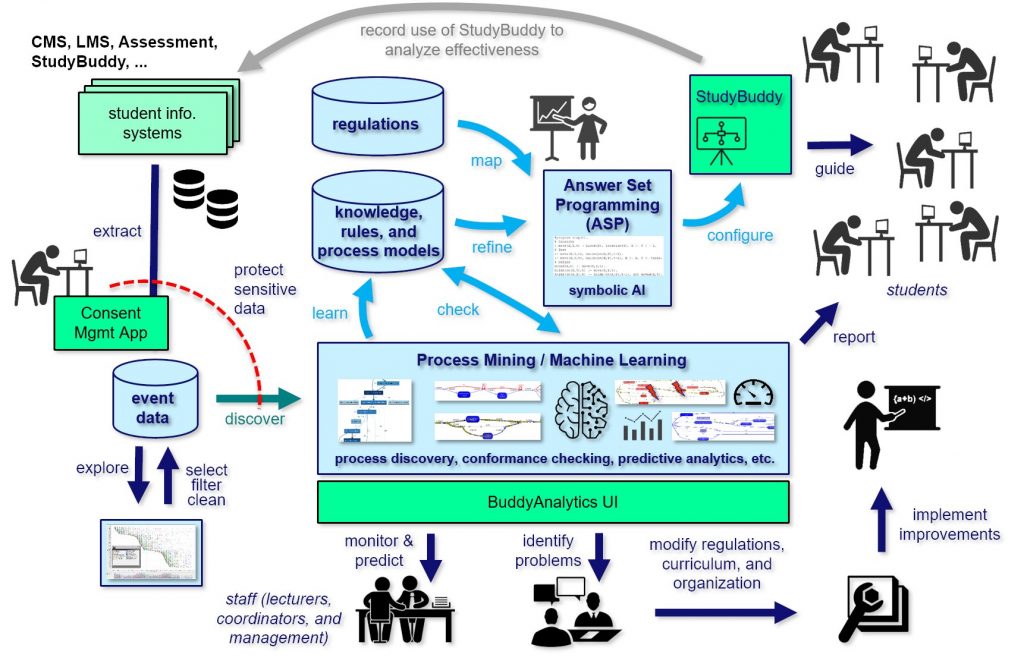
The project “bridgingAI: Building Brigdes to AI Across Disciplines” seeks to provide students with relevant AI competencies, regardless of discipline studied. RWTH is thus tackling a challenge currently faced by many universities.
Drawing on the University’s AI expertise, the goal is to develop scalable solutions that can be made available to other higher education institutions in the form of Open Educational Resources (OER).
The aim of bridgingAI is to provide students with the necessary skills to use, assess, and develop artificial intelligence applications, enabling them to contribute to shaping science, industry and society in the age of artificial intelligence. It is one of the strategic goals of RWTH as an interdisciplinary, integrated university of technology to develop and maintain interdisciplinary AI competencies. Specifically, a bridging course for Bachelor’s graduates who want to take up a master’s program shall be developed and made available to a broad range of disciplines.
This so-called Micro Bachelor’s program seeks to be attractive for as large a number of students as possible. To achieve this, representatives from several RWTH faculties will contribute to the program. Initially, it will consist of ten MOOCs – massive open online courses – and made available through the edX platform.
Program development is coordinated by the RWTH Center for Artificial Intelligence headed by Professor Bastian Leibe. RWTH professors Holger Rauhut, Erhard Cramer, Markus Strohmaier, Saskia Nagel, Wil van der Aalst, Sebastian Trimpe, and Ulrik Schroeder as well as Dr. Malte Persike will be closely involved in developing the course offerings.
The “AI in Higher Education” Initiative
A total of 14 consortium and 40 university projects are set to receive funding from the AI in Higher Education competition. A panel of 32 representatives from science, politics, and higher education, chaired by Dr. Andrea Grimm (IBM Deutschland GmbH), Professor Gesche Joost (UdK Berlin), and Professor Manfred Prenzel (University of Vienna), selected the winning projects.
The german version of this article originally appeared on https://www.rwth-aachen.de/go/id/pnxwz




